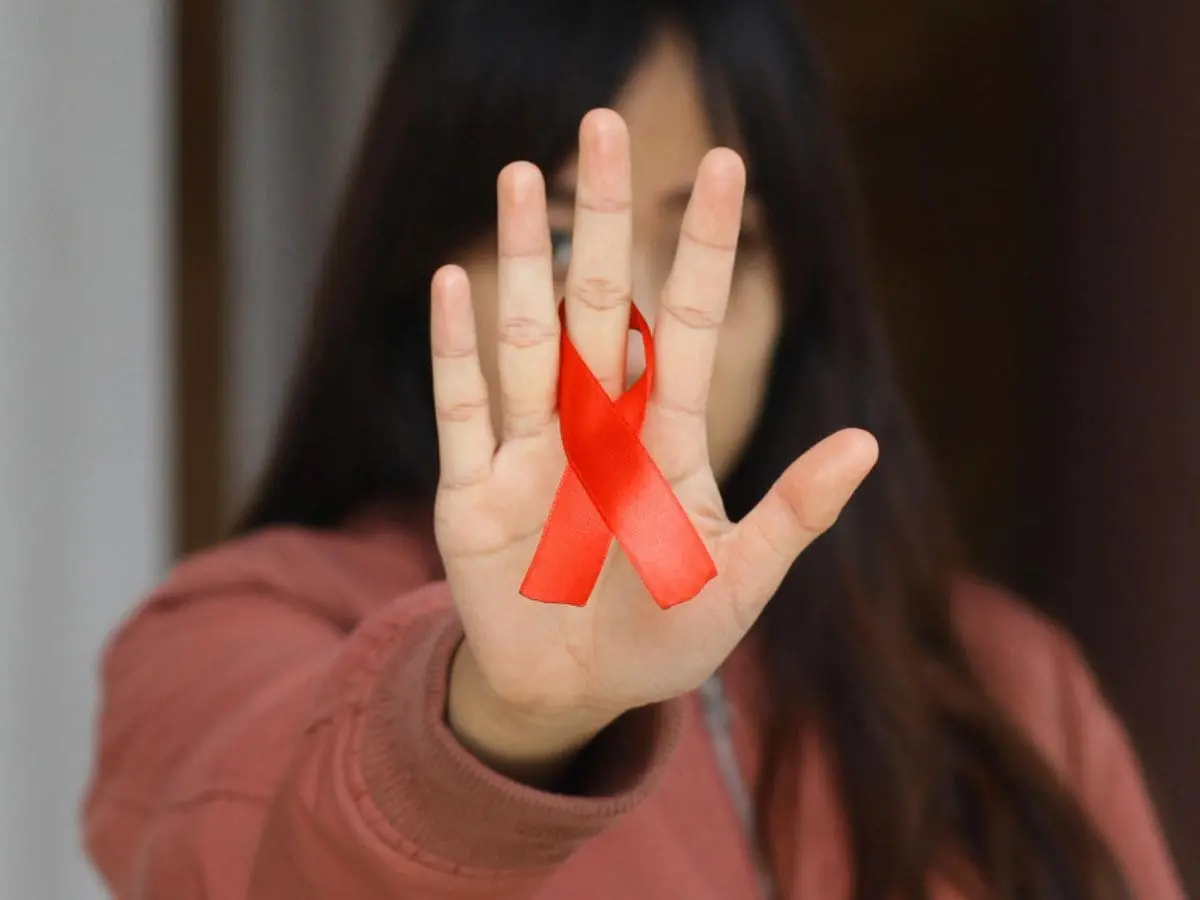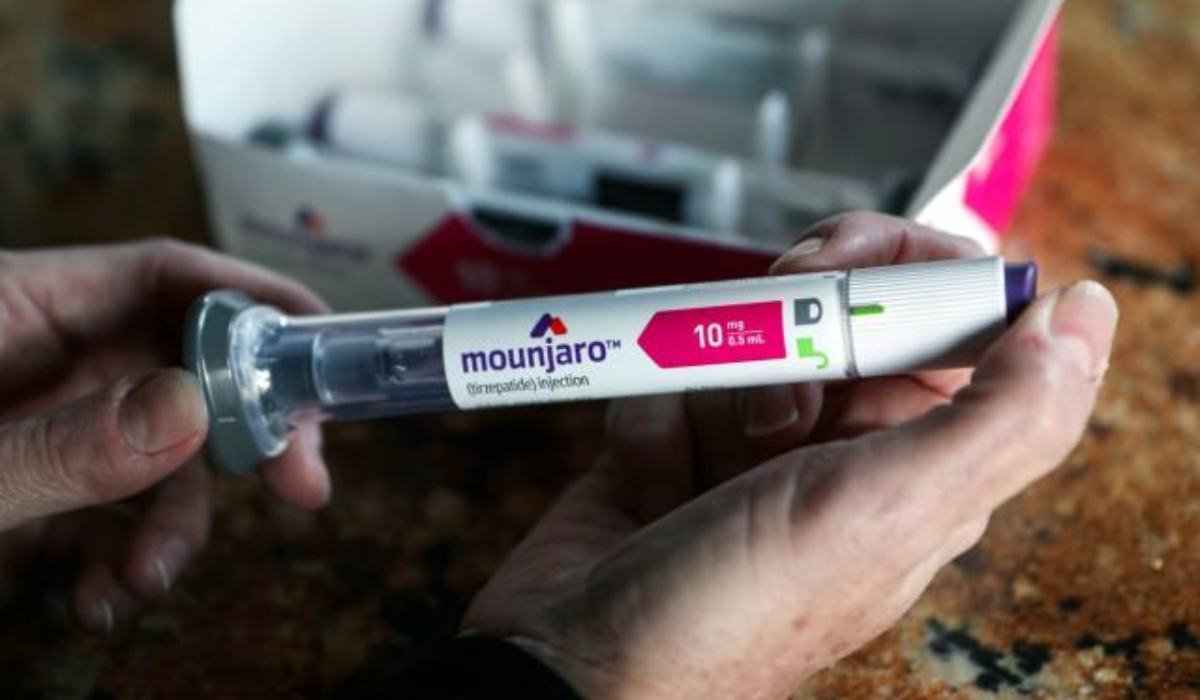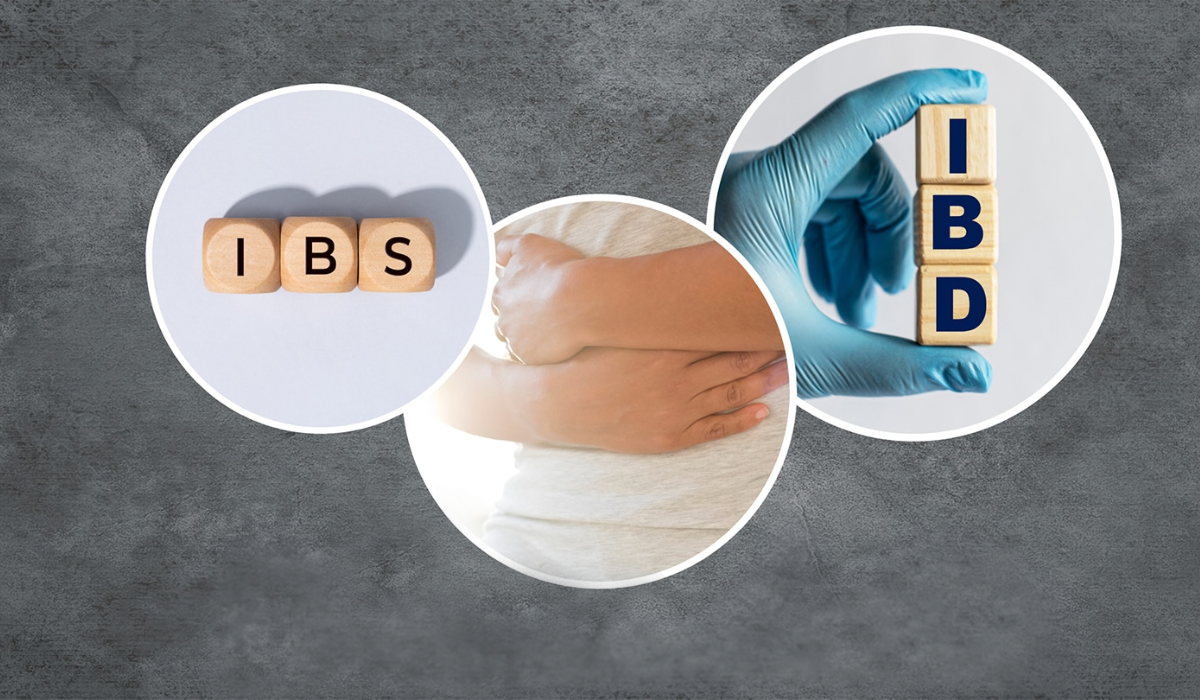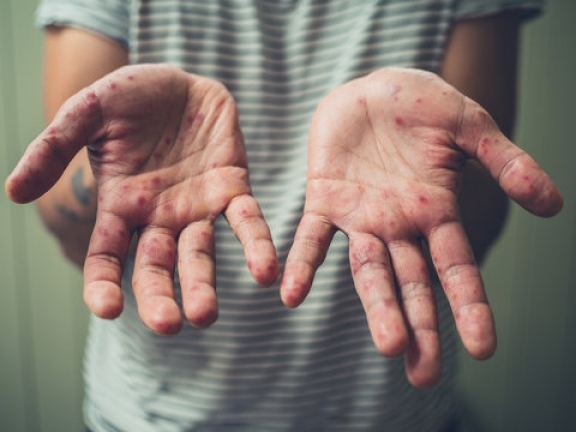Scott Read Pharmacy

The Guide to Causes & Symptoms of HIV In Women!
Human immunodeficiency virus (HIV) is the virus responsible for acquired immune deficiency syndrome (AIDS). HIV depletes your T-cell population, weakening your immune system to the point where you are unable to combat even minor diseases. HIV can exist without any visible signs. Getting examined and initiating treatment as soon as possible increases your chances of living a long life.
Anyone can contract HIV, but there are some HIV symptoms in women that are unique to them. In addition to flu-like HIV symptoms in females and skin changes, a person may experience mood swings, irregular menstruation, and more frequent vaginal infections.
Although the majority of the signs of HIV are the same for both men and women, there are a few distinct signs of HIV in women that they usually face at either the early or late stages of infection.
To know more about the causes and signs of HIV in females, keep reading!
Symptoms of HIV in Women.
After contracting HIV, the body experiences seroconversion, during which time the virus multiplies quickly. Acute HIV infection, sometimes known as the flu-like condition, can be brought on by the virus during seroconversion. Additional symptoms may appear after this initial phase, mainly if a person is not treated.
Early symptoms of HIV in women can include:
- Headache
- Mild fever
- Fatigue
- Coughing
- Sneezing
- Congestion
- Runny nose
Typically, the aforementioned HIV symptoms in women start to show up 2-4 weeks after HIV infection and might remain for a week to a month. Virus growth resumes after an acute HIV infection but at a slower rate. The virus’s spread can be slowed down or stopped by treatment. Some patients do not develop any further HIV symptoms in females even in the absence of treatment for up to ten years following the first infection.
And, some acute HIV symptoms in women include:
- Swollen lymph nodes: Swollen lymph nodes are one of the early signs of HIV in females following an acute infection. The swelling in the neck, which can make swallowing difficult and persist anywhere from a few days to months, may cause the neck to feel enlarged.
- Rapid weight loss: If an individual does not receive treatment for HIV, the virus may result in nausea, diarrhea, poor food absorption, and lack of appetite. Each of these conditions might lead to rapid weight loss.
- Drastic mood changes: It may involve depression, a sense of helplessness, and profound grief. Stress and memory loss are other potential effects on people.
- Skin changes
- Unusual skin spots: Unusual spots may develop on the nose, eyelids, or mouth as a result of HIV. They could be brown, purple, pink, red, or pink.
- Changes in menstruation: Some menstruating HIV-positive individuals experience milder or more significant bleeding. Additionally, hormonal changes could modify or worsen menstruation aids symptoms in women like cramps, breast discomfort, and exhaustion.
- Vaginal yeast infection: The likelihood of getting vaginal yeast infections can rise with HIV. These infections cause HIV symptoms in females such as burning in and around the vagina and vulva pain during sex, difficulty urinating, along with thick and white vaginal discharge. Although yeast infections happen occasionally, HIV can make them more common.
Causes of HIV in women
Here are some of the common causes of HIV you need to know about:
- Unprotected Sex
- Multiple Sexual Partners
- Sexually Transmitted Infections (STIs)
- Biological Factors
- Mother-to-Child Transmission
- Needle Sharing
- Blood Transfusions
- Trauma or Injury
Treatment for HIV in women
Although there is no treatment for HIV infection, it can be managed with medication. Antiretroviral treatment (ART) is what is used for this. HIV infection may become a chronic, treatable illness with the use of ART. Additionally, it lessens the chance of infection transmission to others.
If they receive ART as soon as possible and continue taking it, the majority of people with HIV live long, healthy lives. Additionally, it’s critical to look after your needs. You can have a higher quality of life by making sure you have the support you require, leading a healthy lifestyle, and receiving regular medical care.
Right medications to prevent HIV. Make sure to consult with your healthcare professional before taking this medication, and get it from a reputed drugstore in Houston only.
- PrRP: Pre-exposure prophylaxis, or PrEP, is for those who are at extremely high risk of contracting HIV but do not yet have it. The daily use of PrEP can lower this risk.
- PEP: People who may have been exposed to HIV should take PEP (post-exposure prophylaxis). It is only used in emergencies. PEP needs to be begun 72 hours after a potential HIV encounter.
To conclude
To sum up what we have covered about HIV symptoms and causes in women, along with its treatment as well. By recognizing the specific biological and social factors that make women more vulnerable to HIV, we can take important steps to prevent, detect early, and treat the virus effectively.
Remember, HIV doesn’t care about gender, but it affects women differently. Women need to know the symptoms. And, should go for regular check-ups, talk openly with doctors, and practice safe sex to protect herself. When women understand the causes and symptoms of HIV, they can make smart decisions about their health. Also, always look for high-quality medication and supplies from the reputed pharmacy in Houston. If you are looking for one in Houston, reach out to Scott Read Pharmacy. They provide a high-quality and wide range of medications and supplements.
Recent Posts
Recent Blogs
Study Reveals: Mounjaro leads to far more weight loss than Ozempic.
Study finds Mounjaro outperforms Ozempic in weight loss If you struggle with obesity, you’ve undoubtedly already heard all of the…
IBS or IBD: How do these two diseases vary?
IBS or IBD: How do these two diseases vary? We’ve all had uncomfortable digestion at some point. Bloating, painful cramps,…
Are Weight Loss Medications Worth it? A Deep Dive Into it
Scott Read Pharmacy: Elevate your health journey with our personalized weight loss medications, ensuring safe and effective results. Trust us for…
Scott Read Pharmacy is proudly powered by WordPress










